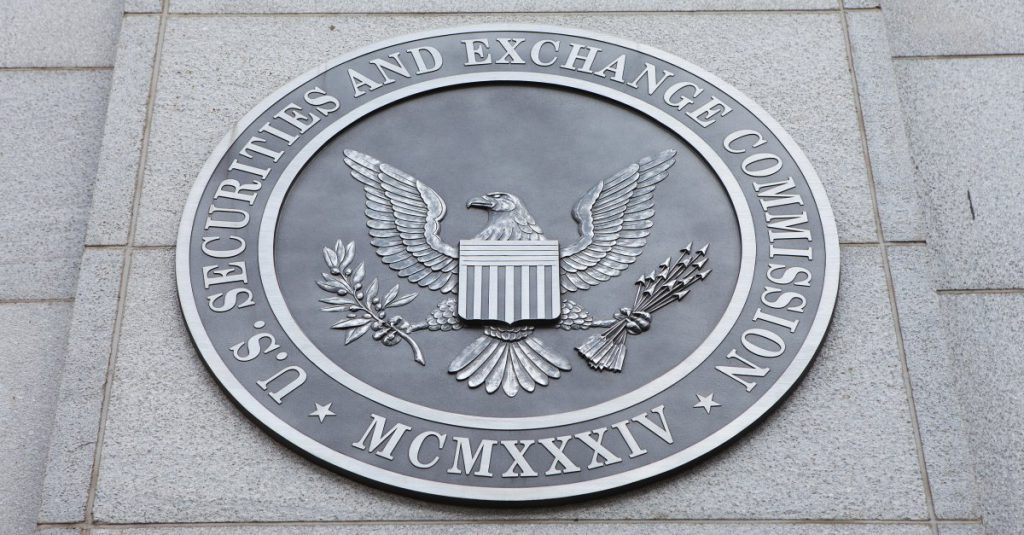The largest cryptocurrency exchange in the world, Binance, has officially filed a court order against the US Securities and Exchange Commission (SEC). Indeed, the exchange filed a motion on Monday seeking a protective order against the regulator.
The holding company of Binance.US, BAM Trading, submitted the motion regarding deposition notices and requests for discovery by the SEC. Subsequently, the motion states that “the SEC’s position is unreasonable and part of a broader pattern of the SEC abusing the discovery provision of the Consent Order,” according to BAM.
Also Read: Binance Appoints New Compliance Officer Amid Regulatory Issues
Binance Files Protection Order Against SEC
The ongoing conflict between the SEC and Binance has certainly taken a turn today. Following a lawsuit from the regulator regarding a host of securities violations and charges directed at CEO Changpeng Zhao, the exchange has now spoken out against practices the agency has taken.
Indeed, Binance has officially filed a court order against the SEC. Specifically, they have sought a protective order regarding actions the agency has taken in its discovery requests. Within the motion, BAM Trading discussed the “unreasonable” position that the agency has held amidst discovery.


Also Read: Binance Applies for AML Compliance in Taiwan
“The SEC is conducting a fishing expedition instead of seeking the narrow and ‘limited’ discovery authorized by the Consent Order,” BAM wrote. “The SEC has declined BAM’s proposals or to meaningfully limit its requests.”
Additionally, the holding company made four witnesses available for deposition. Moreover, included among them were “the two best positioned to address questions about the custody and security of customer assets.”
Consequently, BAM pleaded that the court issue a protective order against the agency. Ultimately, with the hope of limiting the SEC to four depositions of employees by the company, thus keeping the SEC from questioning witnesses on matters that fall outside of the consent order.





